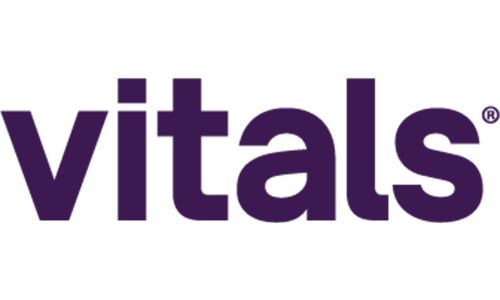How Google's Newest Updates Are Reshaping SEO
Search Engine Optimization (SEO) has always been a moving target. Just when you think you've got it figured out, Google changes the rules again. Their latest updates aren't just small tweaks - they're fundamentally changing how search works. If you want your website to stay visible, you need to understand what's coming and how to adapt.
Let's break down the five biggest shifts happening right now and what they mean for your SEO strategy:
1. Google’s Shift Toward AI & SGE (Search Generative Experience)
One of the biggest changes coming to search is Google’s AI-powered Search Generative Experience (SGE). Instead of just listing links, Google will now generate instant AI answers at the top of search results. This is great for users but tricky for businesses - why would someone click through to your site if Google gives them the answer upfront?
What This Means for SEO:
- Fewer clicks to websites – If Google provides the answer directly, users may not visit your site.
- Higher demand for expert content – Google prioritizes authoritative sources for AI-generated answers.
- Long-tail keywords matter more – Conversational queries will dominate as people ask AI questions naturally.
How to Stay Ahead:
- Create content so good that Google's AI wants to cite it
- Target specific questions people ask ("How do I...")
- Build authority through backlinks and citations to increase chances of being cited in AI answers.
2. Helpful Content Isn't Optional Anymore
Google is getting better at spotting content that doesn’t really help readers. Their new Helpful Content Update favors pages that provide useful answers and real solutions, while pushing down pages that just repeat keywords without giving valuable information.
What This Means for SEO:
- Keyword stuffing is dead – Google now understands context, not just exact-match keywords.
- User experience (UX) is critical – Bounce rates, time on page, and engagement impact rankings.
- EEAT matters more than ever – Expertise, Experience, Authoritativeness, and Trustworthiness are key ranking factors.
How to Stay Ahead:
- Write for real people, not just search engines.
- Show why you're qualified to talk about the topic. (Showcase physician bios, credentials, and citations to boost EEAT signals)
- Improve page load speed, readability, and mobile-friendliness.
3. Voice Search & Zero-Click Results Are Growing
With more people using Alexa, Siri and Google Assistant, more searches are happening without users ever clicking a website.
What This Means for SEO:
- Featured snippets are gold – Voice search often pulls answers from “Position 0” results.
- Conversational queries dominate – People ask full questions instead of typing short keywords.
- Local SEO is crucial – “Near me” searches are heavily voice-driven.
How to Stay Ahead:
- Optimize for question-based phrases (e.g., “What’s the best SEO strategy for small practices?”).
- Structure content in Q&A format and answer questions directly in your content.
- Claim and optimize Google Business Profiles for local searches
4. Video & Visual Search Gets Priority Treatment
Google is putting more video results right in search - not just from YouTube, but from TikTok and Instagram too and even testing AI-powered visual search (where you can search with images).
What This Means for SEO:
- YouTube SEO is just as important as website SEO.
- Infographics and image optimization help with visual search rankings.
- Short-form video content (TikTok, Reels) may appear in search results.
How to Stay Ahead:
- Repurpose blog content into YouTube videos and infographics.
- Use descriptive alt text and file names for images.
- Add captions and good descriptions.
- Don't ignore short-form platforms
5. Technical Stuff Still Matters
Google’s Page Experience Update still plays a major role in rankings. Sites with slow loading speeds, poor mobile design, or intrusive pop-ups lose visibility.
What This Means for SEO:
- Site speed = rankings – A 1-second delay can drop conversions by 7%.
- Mobile-first indexing is the norm – Google ranks based on mobile performance first.
- User-friendly design wins – Too many ads or pop-ups hurt rankings.
How to Stay Ahead:
- Test your speed - Google's free Page Speed Insights tool will show exactly where your site needs improvement (and how to fix it)
- Mobile-first is non-negotiable - Your site should look and work perfectly on phones without any zooming or horizontal scrolling
- Ditch annoying pop-ups - Those full-screen email signup forms? They're tanking your rankings. Keep user experience clean instead.
Today's SEO is about delivering real value to users. Practices that adapt now will stay ahead of competitors still relying on outdated tactics.
Need Help Future-Proofing Your SEO Strategy?
At Clinician Box, we stay ahead of Google’s algorithm changes so you don’t have to. Whether it’s AI-optimized content, technical SEO, or video SEO, we’ve got you covered. Contact us today to future-proof your search presence!















